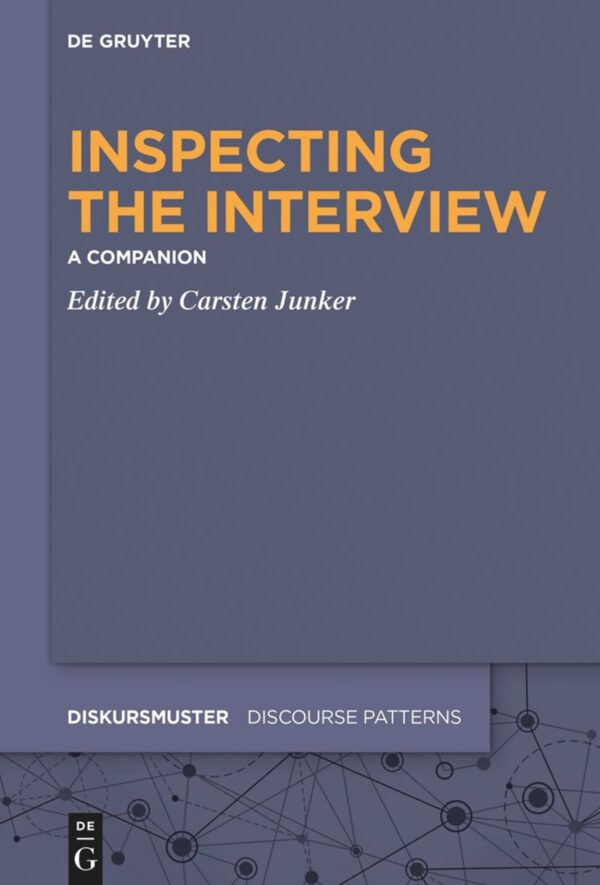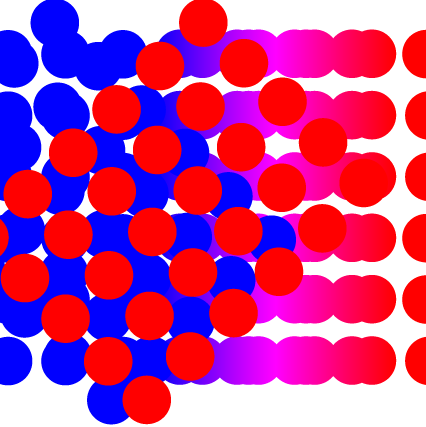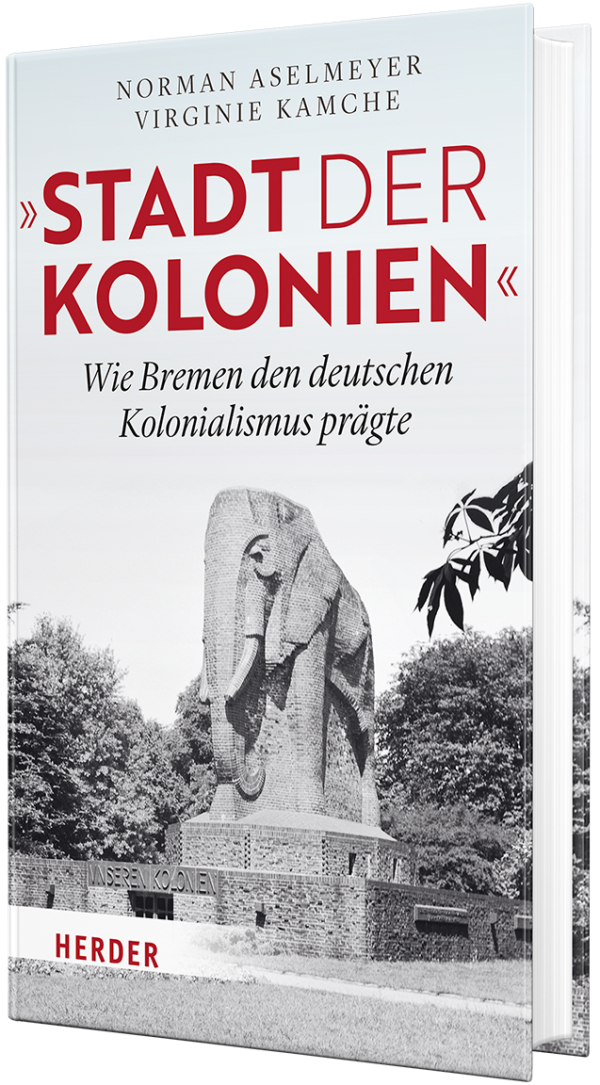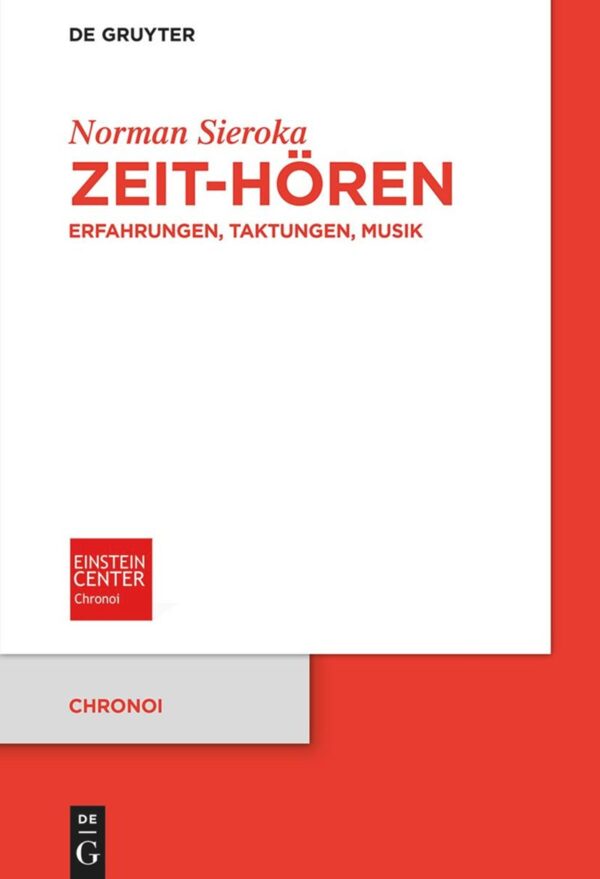Publications
-
 Post-Sovereign Planning? Nature, Culture and Care in the New Socialist Calculation Debate
Post-Sovereign Planning? Nature, Culture and Care in the New Socialist Calculation Debate
-
 Not (yet) Banned, but Incompatible (Part II). On the Exclusion of AfD Members from a Trade Union
Not (yet) Banned, but Incompatible (Part II). On the Exclusion of AfD Members from a Trade UnionAccording to the Federal Office for the Protection of the Constitution (BfV), the AfD is now “definitely right-wing extremist”. It represents positions that fundamentally contradict fundamental trade union values. In this second part, I will show that the exclusion of AfD members from trade unions is also possible – contrary to what a recent decision by the Berlin II Regional Court suggests.
-
 Cluttered Screens – An Eye-Tracking Study of Visual Attention Allocation among Viewers of TV News.
Cluttered Screens – An Eye-Tracking Study of Visual Attention Allocation among Viewers of TV News.Contemporary television news programmes are often complex examples of hybrid communication (see Bucher, ‘Multimodal understanding or reception as interaction’, 2011). Television news presents related as well as unrelated information in both a linear and non-linear fashion by combining the news read with a variety of […]
-
 Es ist eine Frage der Selbstverteidigung [Interview mit Ivan Kalmar] (20.03.2025)
Es ist eine Frage der Selbstverteidigung [Interview mit Ivan Kalmar] (20.03.2025)
-
 Planung als antwortende Politik? Eine radikaldemokratietheoretische Lesart der sozialistischen Planwirtschaftsdebatte
Planung als antwortende Politik? Eine radikaldemokratietheoretische Lesart der sozialistischen Planwirtschaftsdebatte
-
 Interview with Katrin Antweiler
Interview with Katrin Antweiler
-
 Sounds of Democracy: The Interview as an Instrument of Heuristic Attention to Discursive Voices
Sounds of Democracy: The Interview as an Instrument of Heuristic Attention to Discursive VoicesAgainst the backdrop of general considerations of the interview as a genre, the paper discusses under which theoretical conditions interviews are suitable instruments for discourse analysis. With a special interest in questions of the linguistic constitution of shared knowledge in discourse, the authors outline the discourse-linguistic status of interviews in a systematic way.
-
 Agentiver und Nonagentiver Widerspruch. Eine Kartographie der linguistischen Widerspruchsforschung
Agentiver und Nonagentiver Widerspruch. Eine Kartographie der linguistischen WiderspruchsforschungPublication of the University of Bremen and University of Vienna international student conference »Debattieren, Opponieren, Protestieren – Interdisziplinäre Perspektiven auf sprachliche Praktiken des Widersprechens« 2023.
-
 Paradoxien des Auditiven? Ambiguitäten und Diskrepanzen beim Hören und in der Musik
Paradoxien des Auditiven? Ambiguitäten und Diskrepanzen beim Hören und in der MusikIn the psychology of music and basic auditory research, there is talk of “paradoxes of hearing” or “musical paradoxies” (Deutsch 1986, 275-280; Utz 2015, 22-52; Deutsch 1995). But can auditory impressions really be paradoxical? What exactly should it mean what exactly should it mean to […]
-
 Approche écoféministe de la protagoniste nordique dans Sauvagines de Gabrielle Filteau-Chiba
Approche écoféministe de la protagoniste nordique dans Sauvagines de Gabrielle Filteau-Chiba
-
 Die Zeit in ihrer Vielfalt denken – Anmerkungen aus philosophischer Perspektive
Die Zeit in ihrer Vielfalt denken – Anmerkungen aus philosophischer PerspektiveCorona infections, childhood memories, presidential elections, avalanches: everything we experience and witness and all external events can be ordered in time – according to their succession. Time is therefore an ordering parameter, or dimension, of events. There is disagreement about what else time is on […]
-
 ›Diskursanalyse jenseits von Big Data‹. Tagungsbericht zur 11. Tagung des Tagungsnetzwerkes Diskurs – interdisziplinär (10.–11.11.2022)
›Diskursanalyse jenseits von Big Data‹. Tagungsbericht zur 11. Tagung des Tagungsnetzwerkes Diskurs – interdisziplinär (10.–11.11.2022)
-
 Transnational-Resilient Democracy. On the Conditions for Party Ban Proceedings in Interlegal Systems
Transnational-Resilient Democracy. On the Conditions for Party Ban Proceedings in Interlegal SystemsOn 13.11.2024, a group of 113 members of the German Bundestag tabled a motion to initiate proceedings to ban the Alternative for Germany (AfD) party. The debate to date has focused on the requirements and prospects of success of a (partial) ban of the party […]
-
 Paradoxien des Ein- und Ausschlusses: Bildung zu Nationalsozialismus und Holocaust in Integrationskursen
Paradoxien des Ein- und Ausschlusses: Bildung zu Nationalsozialismus und Holocaust in Integrationskursen
-
 Die Überseestadt: Spiegel kolonialer Verhältnisse
Die Überseestadt: Spiegel kolonialer VerhältnisseThe Bremen Überseestadt, constructed as a new harbor between 1875 and 1913, reflects the close connections between harbor infrastructure and European colonialism. The increase in cargo handling, particularly of colonial commodities, necessitated new port facilities and the deepening of the Weser River. Despite its transformation […]
-
 Menaçante ou menacée? Mutations de la forêt nordique dans «Bivouac» de Gabrielle Filteau-Chiba
Menaçante ou menacée? Mutations de la forêt nordique dans «Bivouac» de Gabrielle Filteau-Chiba
-
 Zeit-Hören: Erfahrungen, Taktungen, Musik
Zeit-Hören: Erfahrungen, Taktungen, MusikThis volume shows why it is misleading to view time as an object, exploring the insights that can be gained from analogies between sequences and by comparing event timings. Incorporating extensive references to music and, more broadly, to the act of listening provides illuminating glimpses […]
-
 Activismo y escritura activista negra en la literatura afroespañola: el caso de Moha Gerehou y de Desirée Bela-Lobedde
Activismo y escritura activista negra en la literatura afroespañola: el caso de Moha Gerehou y de Desirée Bela-Lobedde
-
 Staged Dissent – »Change My Mind« as a Vehicle of Instrumental Deliberation within the Identitäre Bewegung Österreich
Staged Dissent – »Change My Mind« as a Vehicle of Instrumental Deliberation within the Identitäre Bewegung ÖsterreichIn this paper Jonas Trochemowitz and Lara Herford aim to analyze the talking format of Change my Mind by Steven Crowder and its adaptation by the former spokesperson of the right-wing extremist group Identitäre Bewegung in Austria. By employing the concept of ›genre of dissent‹ we ask the question how democratic values of deliberation are strategically used to gain legitimacy for far right positions in discourse.
-
 Performativity and Political Organization after the Squares: Rethinking Horizontality and Verticality
Performativity and Political Organization after the Squares: Rethinking Horizontality and Verticality